The Chinese government has retaliated after recent EV tariffs were levied against the country last month from Canada.
Canada, joining with previous actions by the United States and the European Union, raised EV tariffs on China to 100%, alleging that Beijing has been engaged in unfair trade practices that were harming Canadian workers and the market as a whole.
Canadian Tariffs
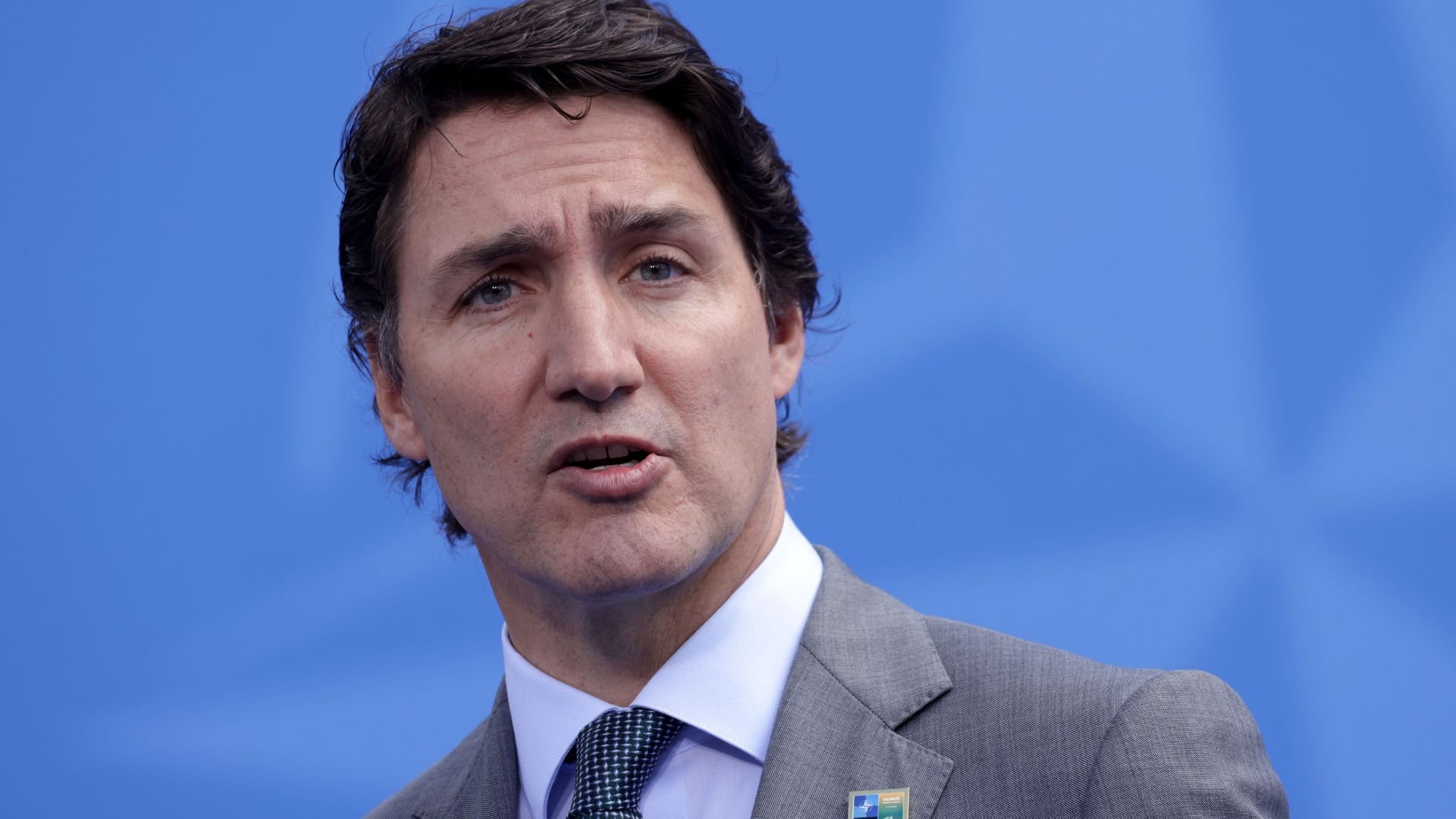
The story starts on August 26, when the Canada Department of Finance announced new tariffs on Chinese electric vehicles, steel, and aluminum.
While announced at the end of August, the EV tariffs aren’t set to go into effect until October 1.
Reason for Tariffs

In the statement, the Canadian government outlines that such an “exceptional measure” is necessary because of the threat China poses to fair competition.
“Canadian auto workers and the auto sector currently face unfair competition from Chinese producers, who benefit from unfair, non-market policies and practices. China’s intentional, state-directed policy of overcapacity and lack of rigorous labour and environmental standards threaten workers and businesses in the EV industry around the world and undermine Canada’s long term economic prosperity,” said a Canadian government statement.
China Wasn’t Happy
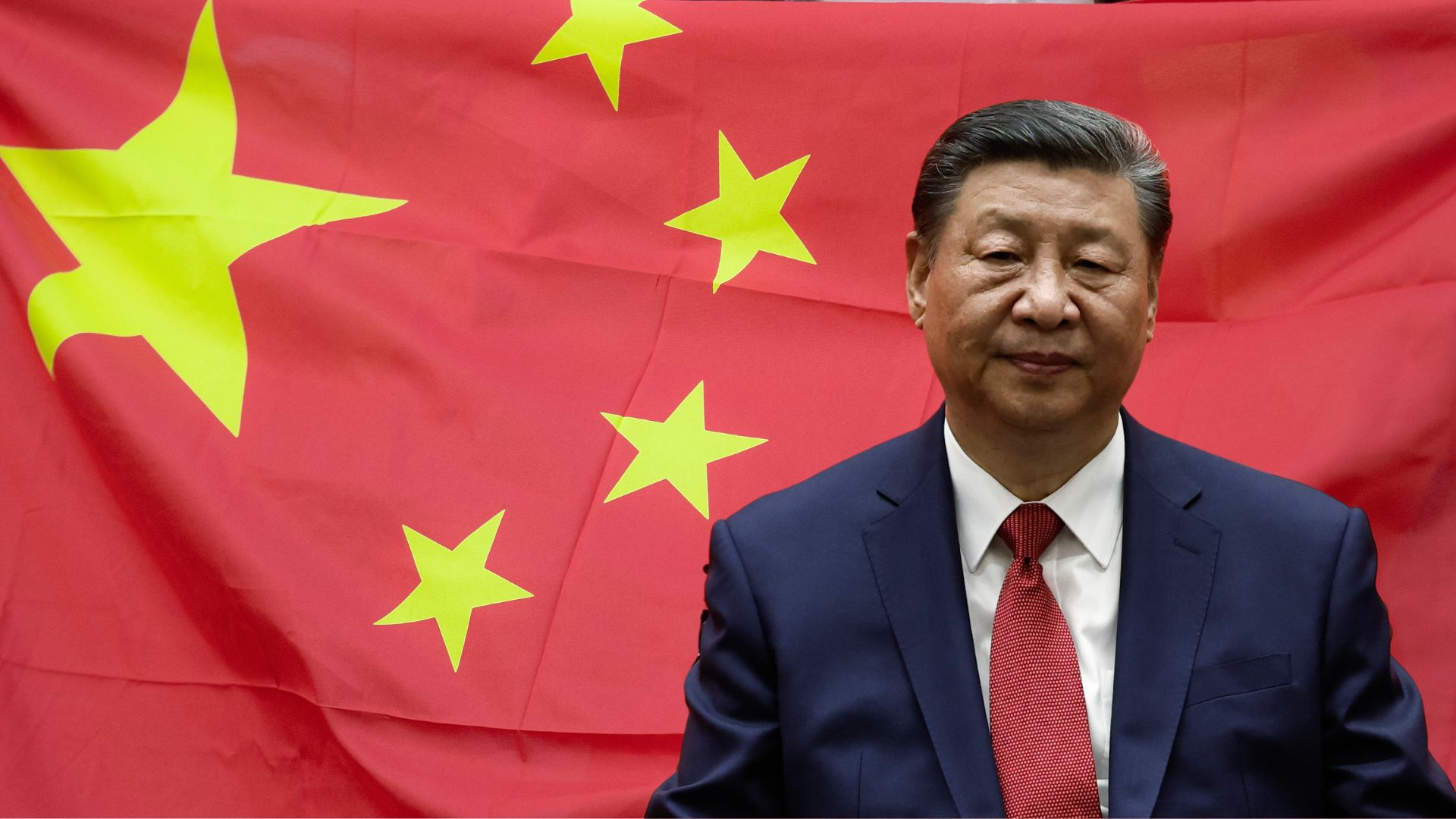
The government of China quickly responded to the announcement of new tariffs, accusing Canada of violating trade rules and engaging in protectionism.
“The Canadian side claims to support free trade and the multilateral trading system based on World Trade Organization(WTO) rules, but it flagrantly violates WTO rules, blindly follows individual countries, and announces that it will adopt unilateral tariff measures, which is typical trade protectionism,” said a Chinese Commerce Ministry spokesperson.
Previous Efforts
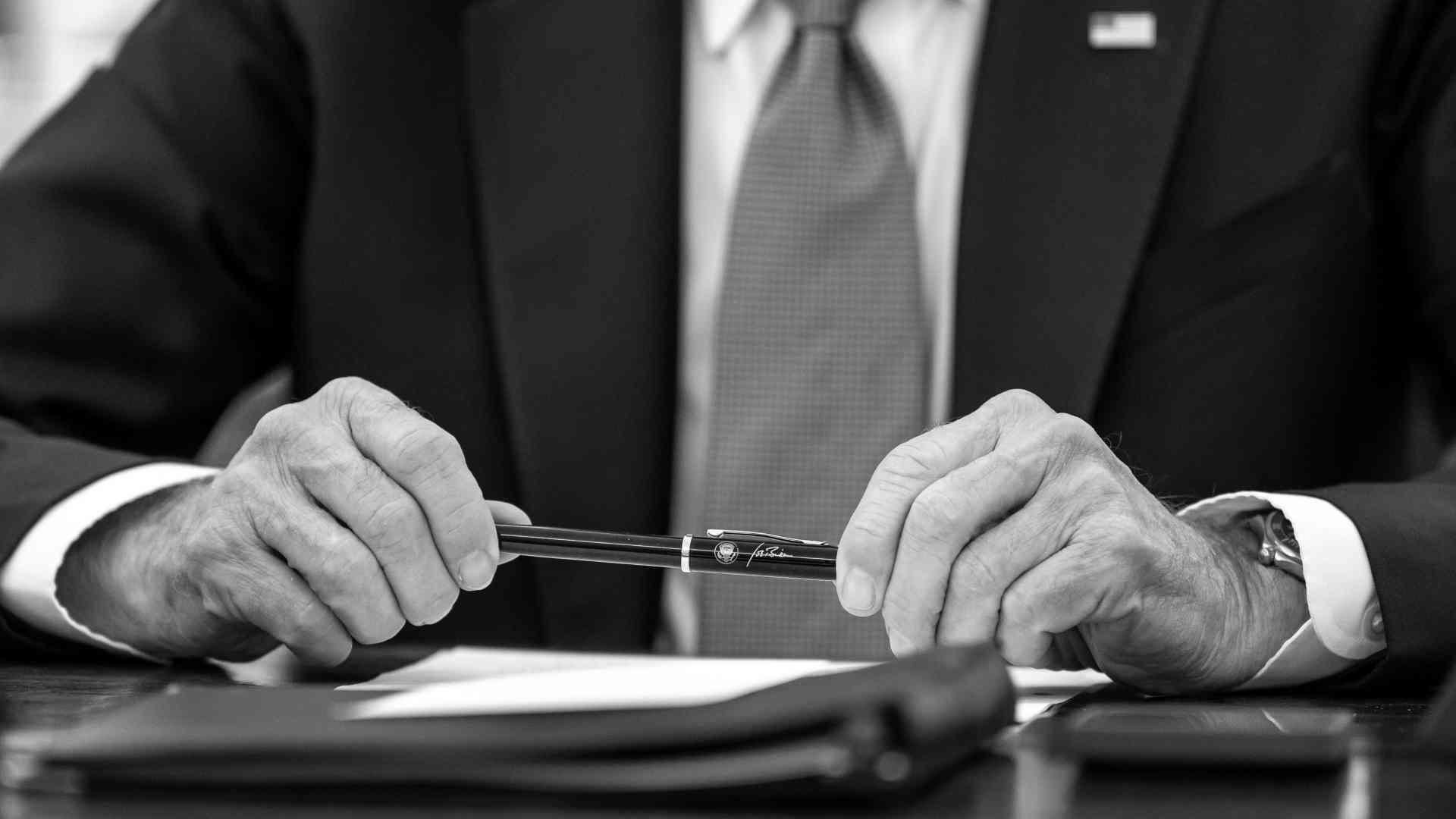
Canada’s move to increase tariffs on Chinese electric vehicles followed similar moves from other countries.
In May, the United States also raised tariffs to 100% on Chinese EVs, and the European Union in June raised them by up to 38 percent.
China’s Retaliation
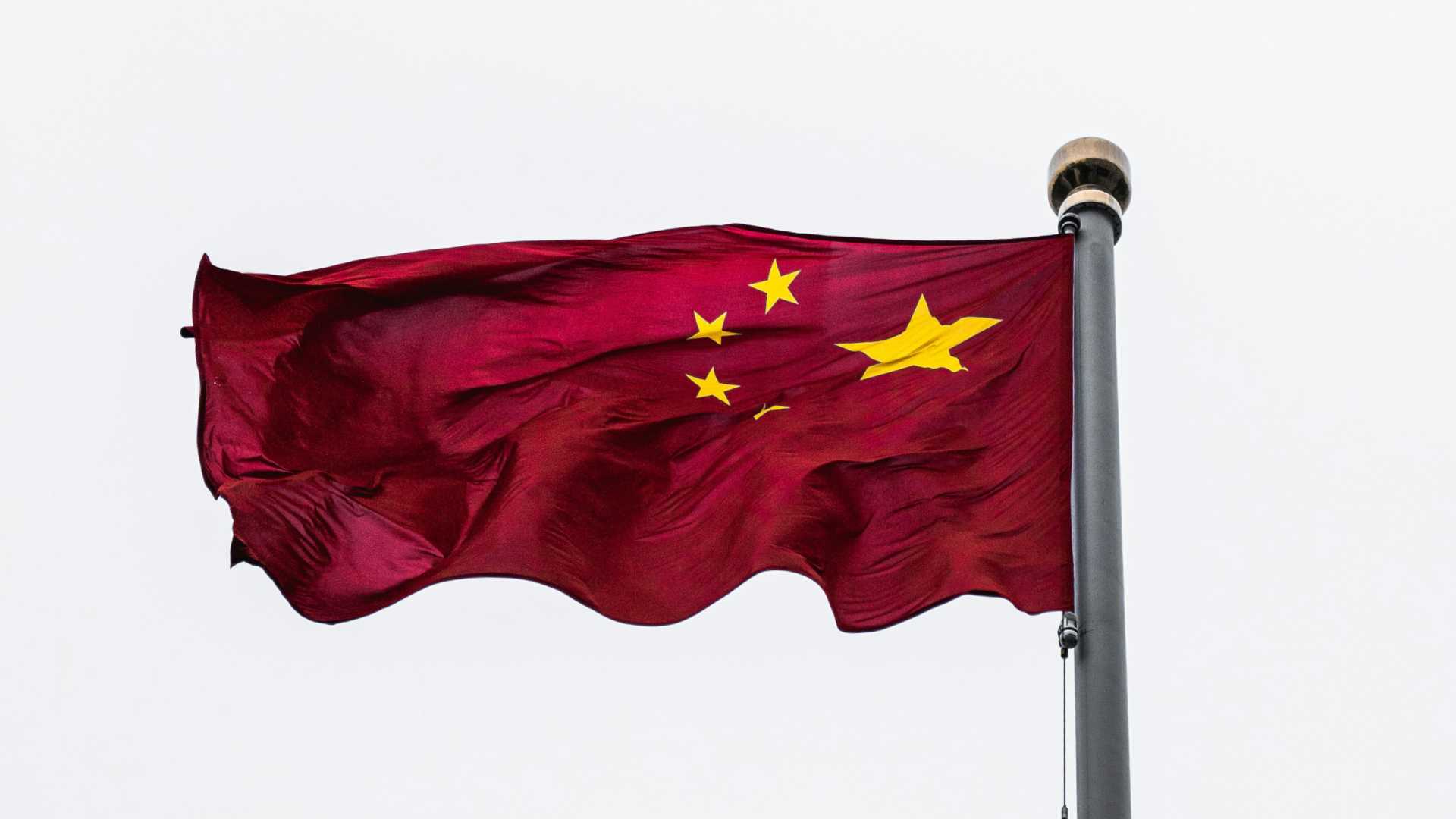
Now, a little over a week since Canada announced its tariff increase, China is coming out swinging with a probe into Canadian canola oil, one of the country’s key exports.
“China’s position is clear-cut. The country will take all measures necessary to safeguard the legitimate rights and interests of Chinese companies,” a spokesperson for the Chinese Ministry of Commerce said in announcing the new measure.
Canola Probe
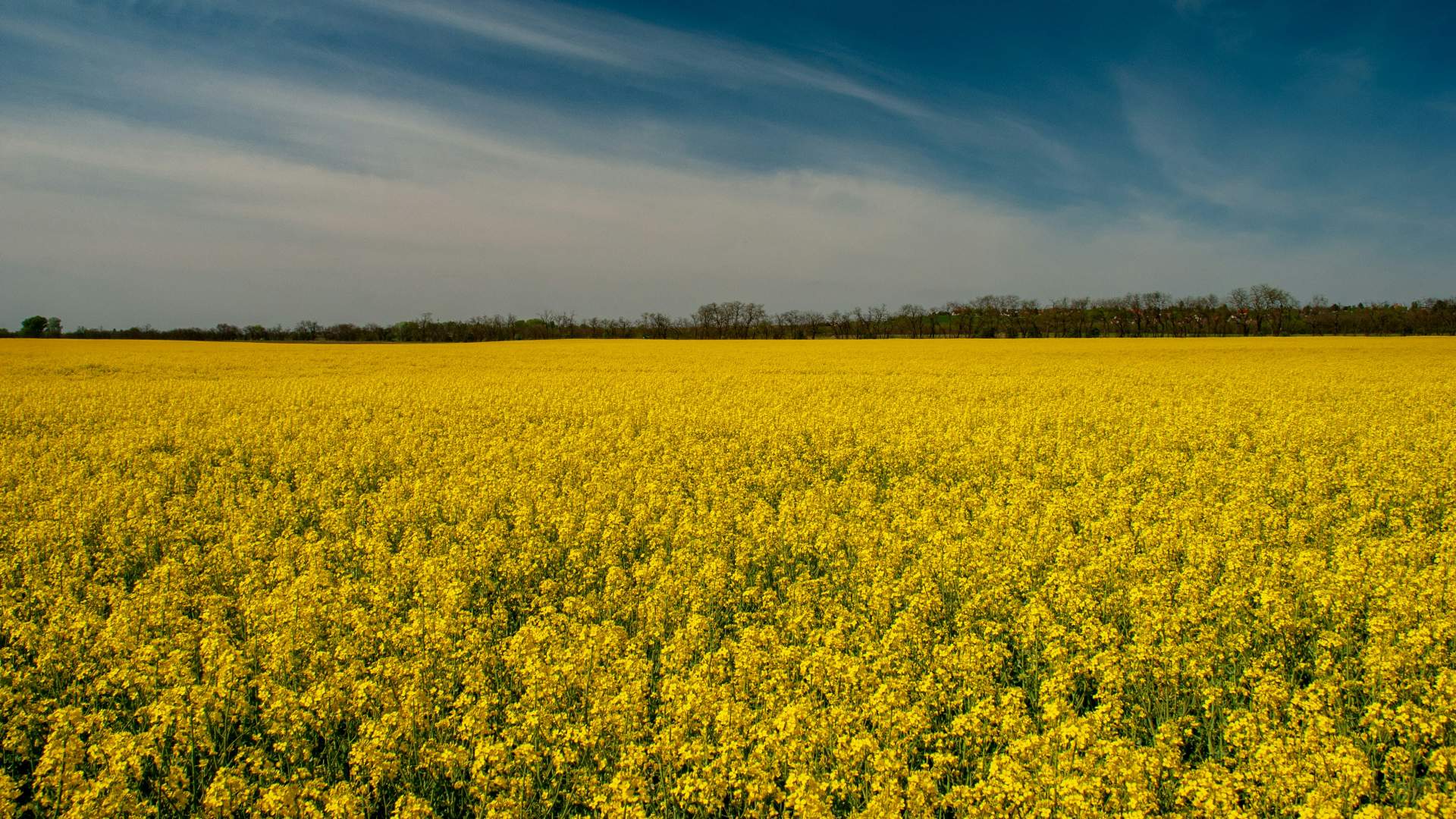
China accused Canada of dumping its canola oil into the marketplace, citing figures showing exports of canola oil had jumped while prices have fallen.
“Canada’s canola exports to China have increased significantly and are suspected of dumping, reaching US$3.47 billion in 2023, with a 170 per cent year-on-year increase in volume and a continuous decline in prices,” the ministry said.
Unfair Competition

In its statement, China turned the accusations of “unfair” market practices back around to Canada, accusing them of hurting Chinese industries.
“Affected by the unfair competition of the Canadian side, China’s domestic rapeseed-related industries continued to suffer losses,” said the ministry statement.
Bad News for Canada
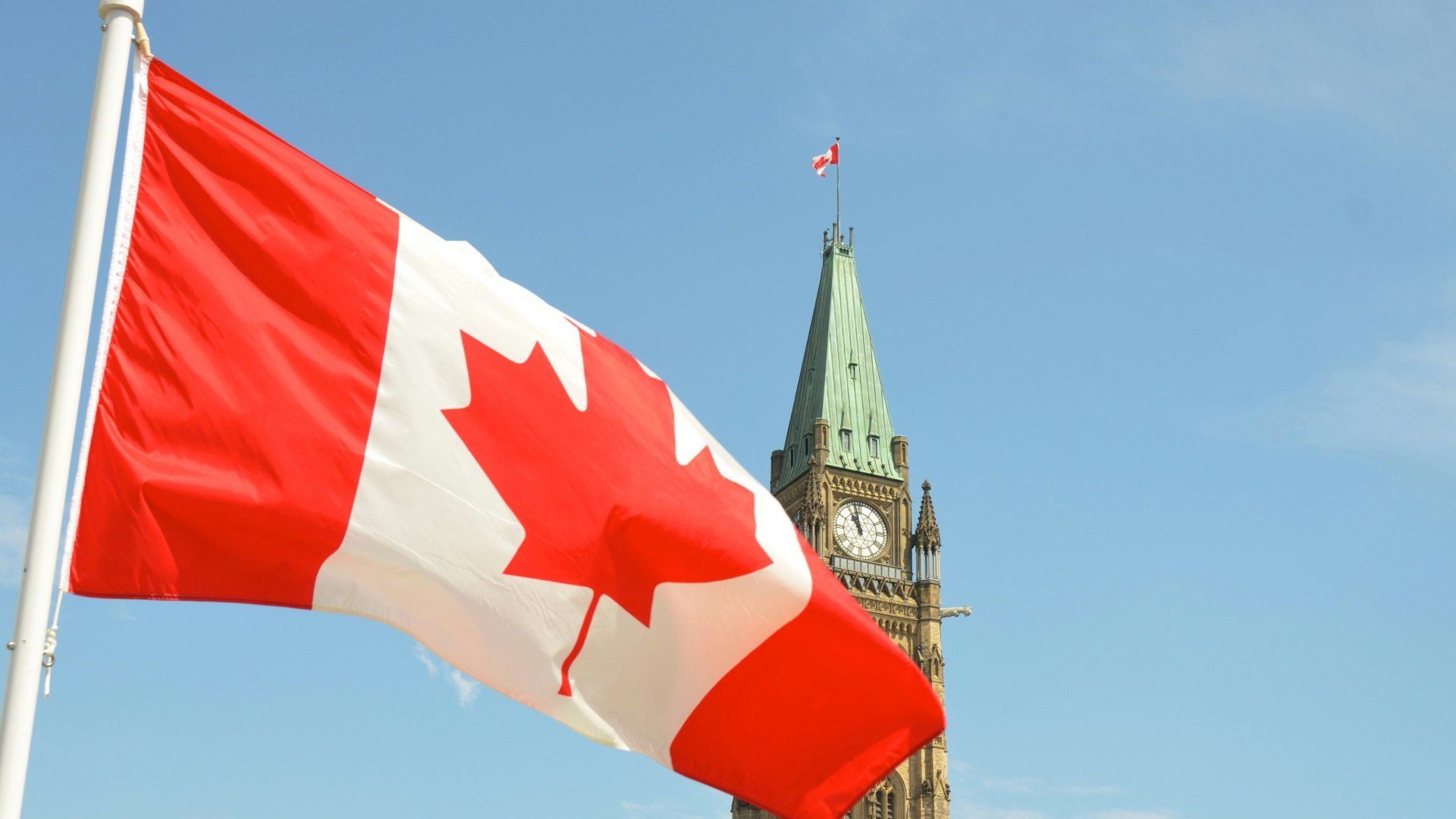
Canadian farmers are worried about the move, as more than half of canola oil produced in the country is exported to China, the world’s largest oilseed importer.
“A political decision on the other side of the world has a direct impact on our bottom line,” John McKee told Global News from his canola and wheat farm in Stirling, Alta.“This is one more thing we’re going to deal with that comes out of left field. That is just a frustration.”
Deeply Concerning
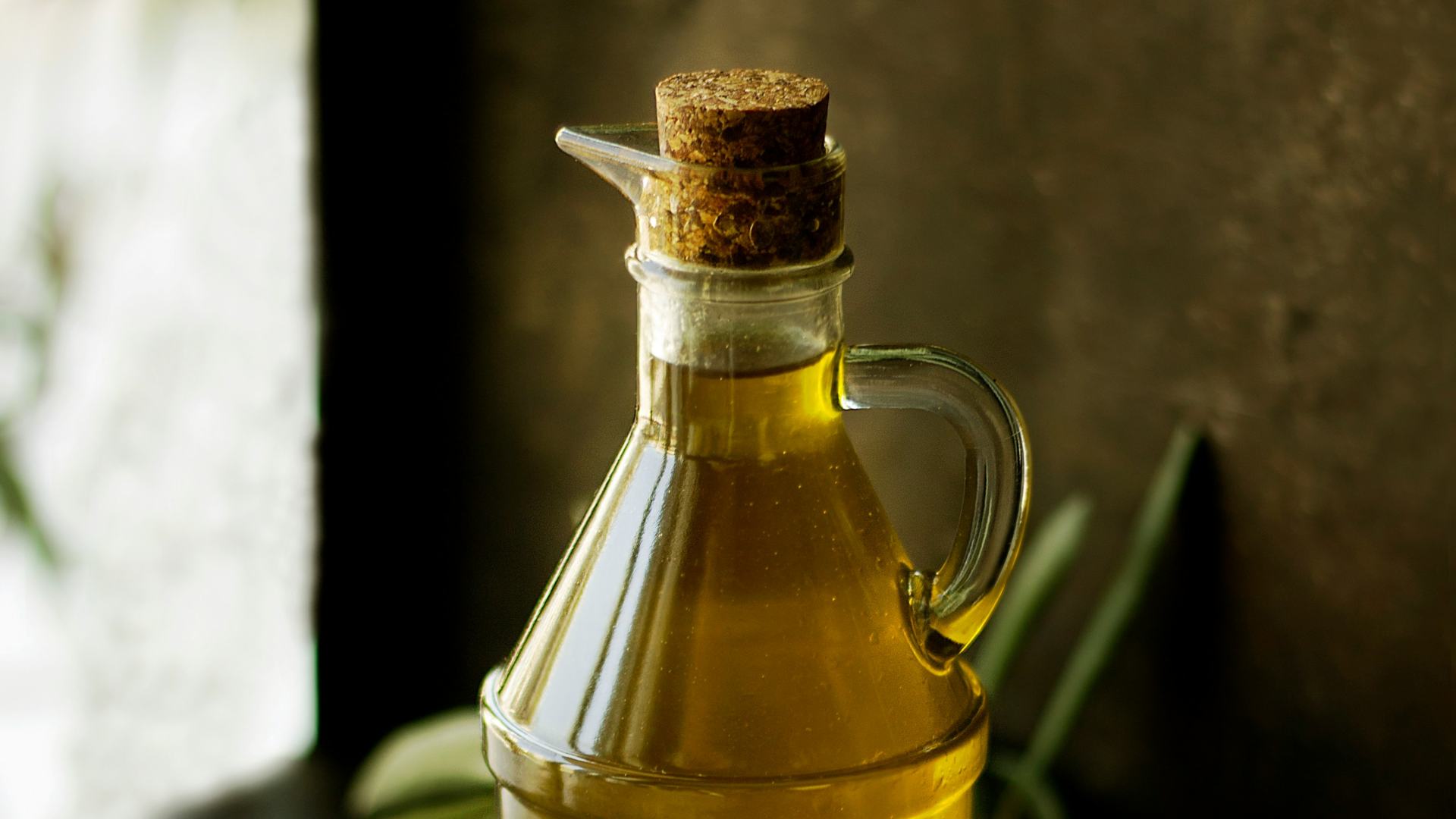
Lawrence MacAulay, the Canadian Farm Minister, published a post on the social media platform X documenting his worries over the Chinese probe.
“Today’s announcement is deeply concerning and I am working with my colleagues across government and in the sector to monitor developments closely,” wrote MacAulay. “The quality of Canadian canola is well-known around the world. We will continue to defend and support the sector every step of the way.”
Building on Previous Actions
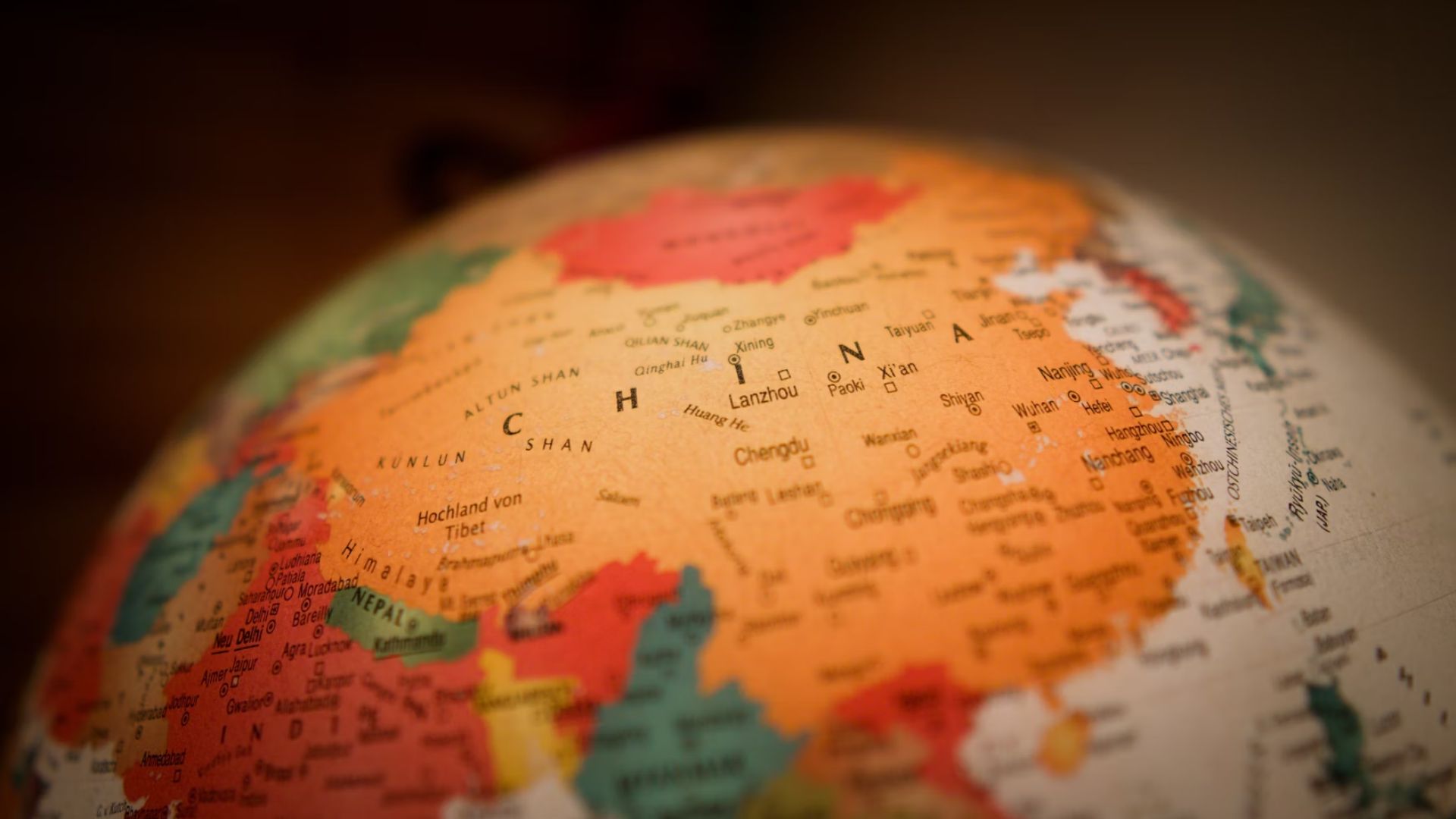
This new investigation into allegations of dumping by Canada follows other probes China had announced following other electric vehicle tariff increases.
After the European Union announced its own EV tariff increases, the Chinese government followed suit by starting investigations into European dairy, pork, and brandy exports.
Won’t This Hurt China Too?
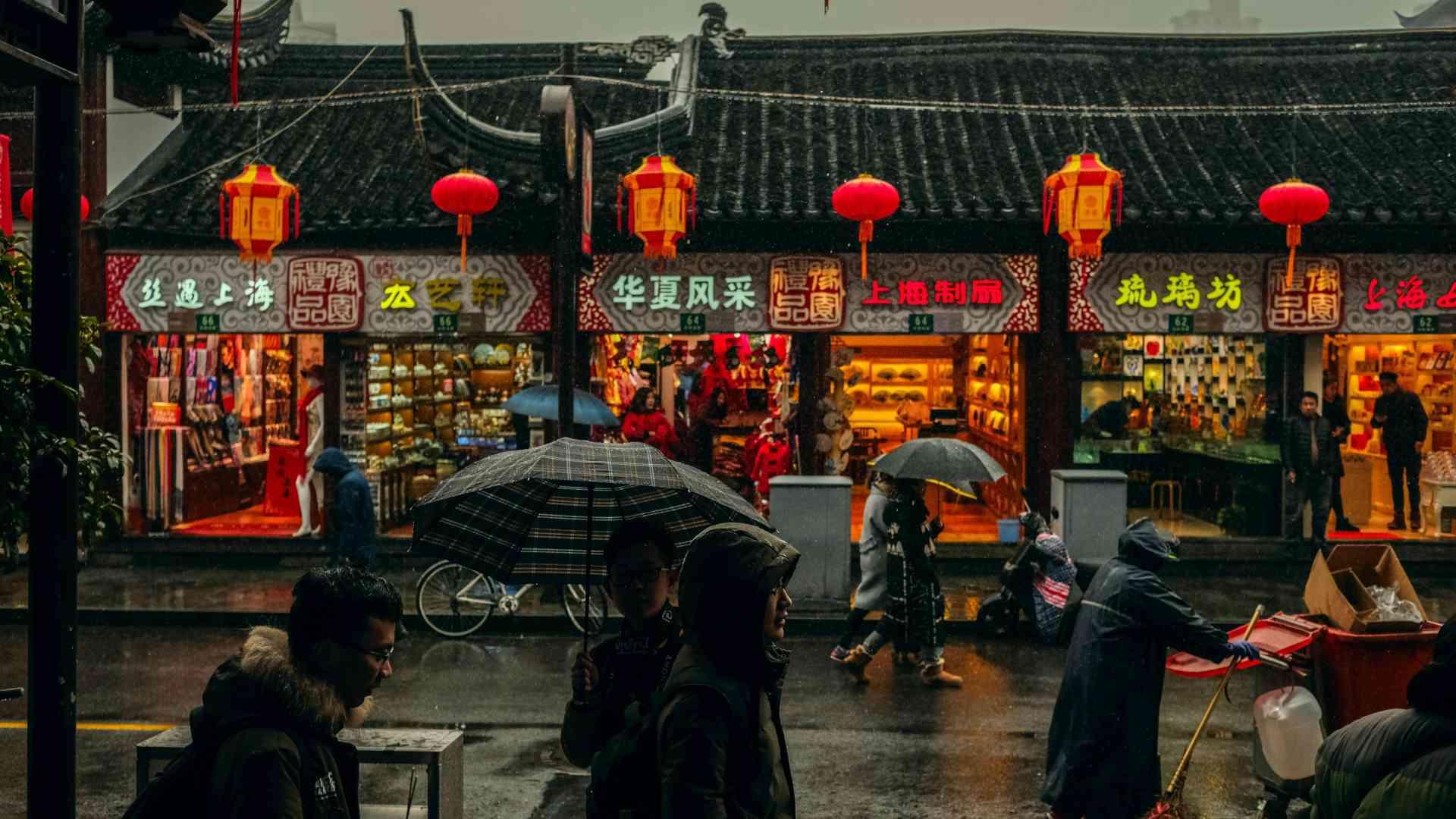
While China’s actions could make it lose out on a major source of canola oil, experts point out that it has other avenues to make up the difference.
“We expect China to buy larger volumes from Australia if restrictions on Australian canola are eased,” said Ole Houe, director of advisory services at IKON Commodities in Sydney.
